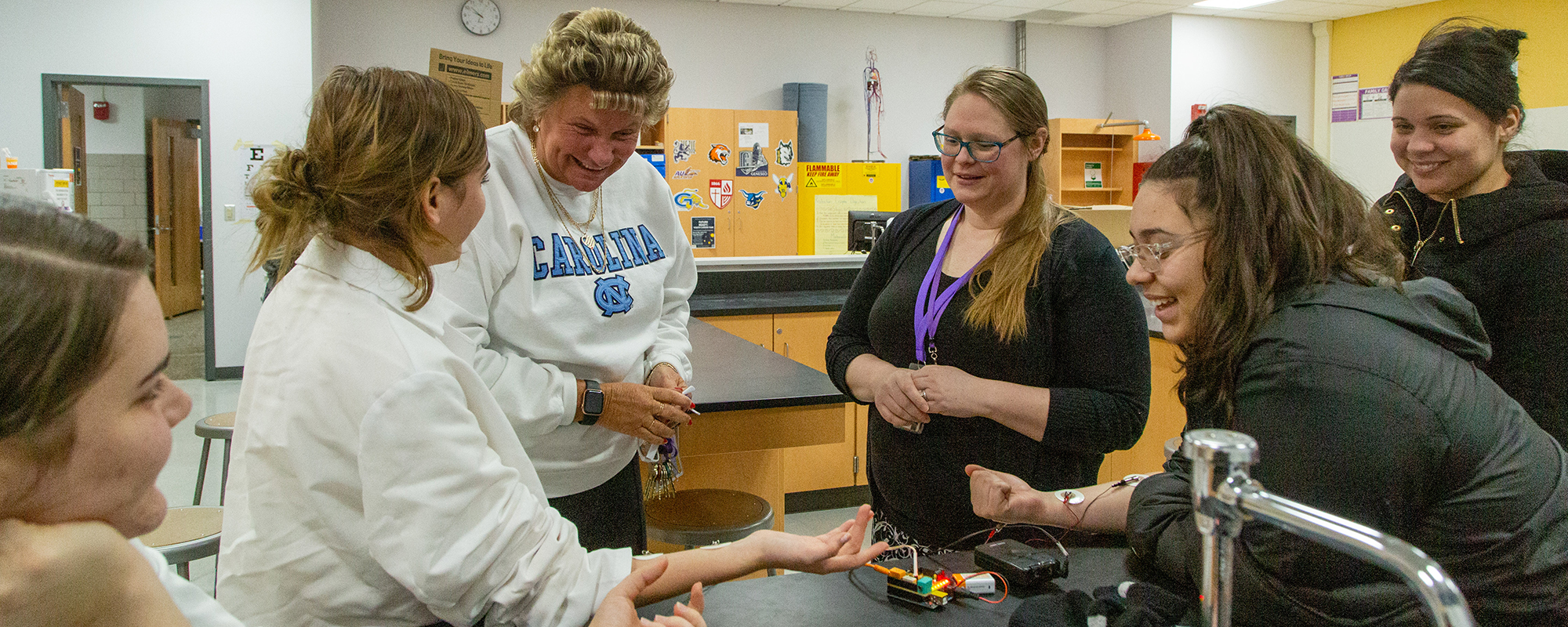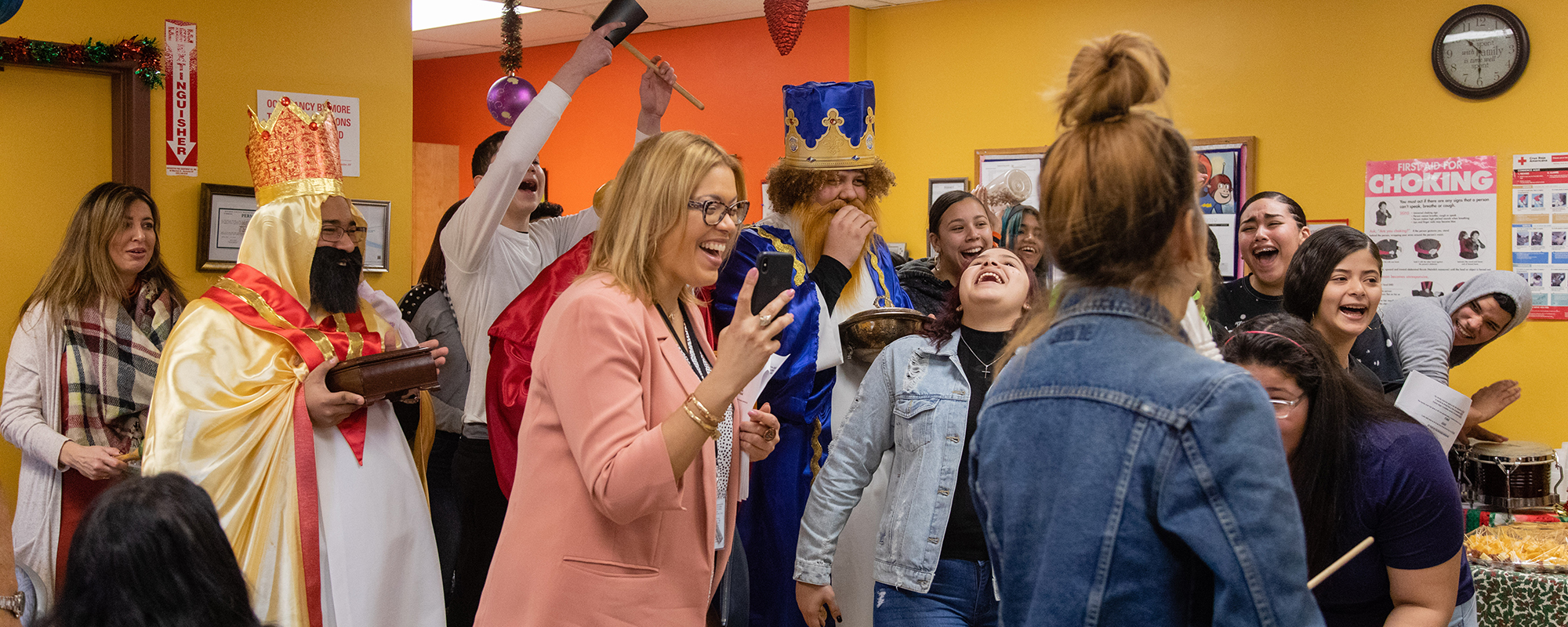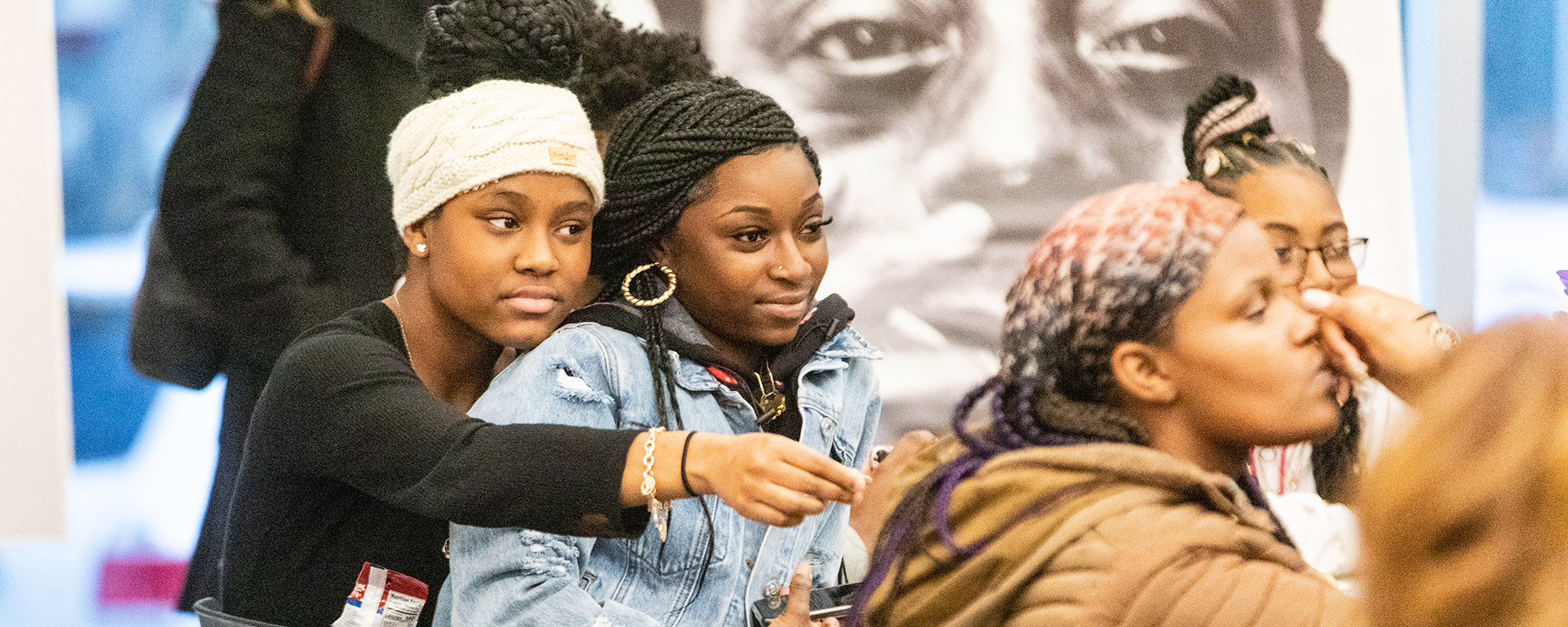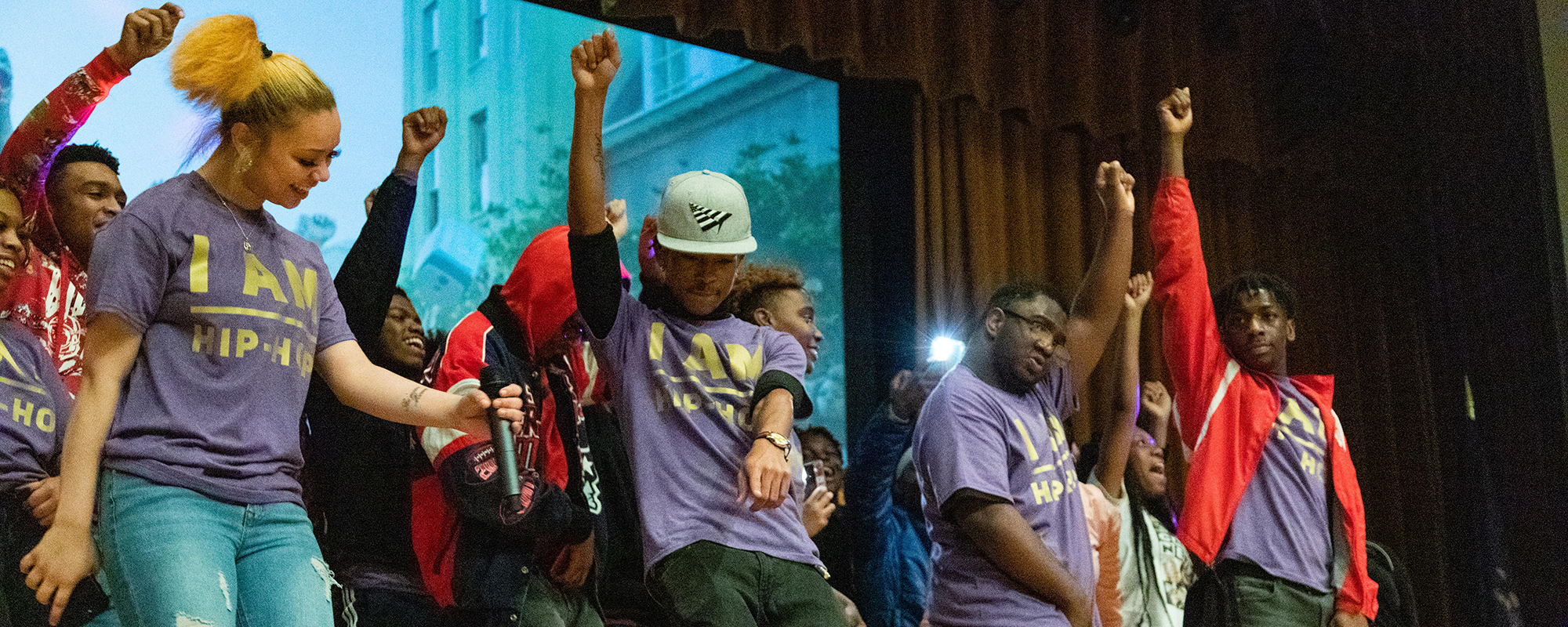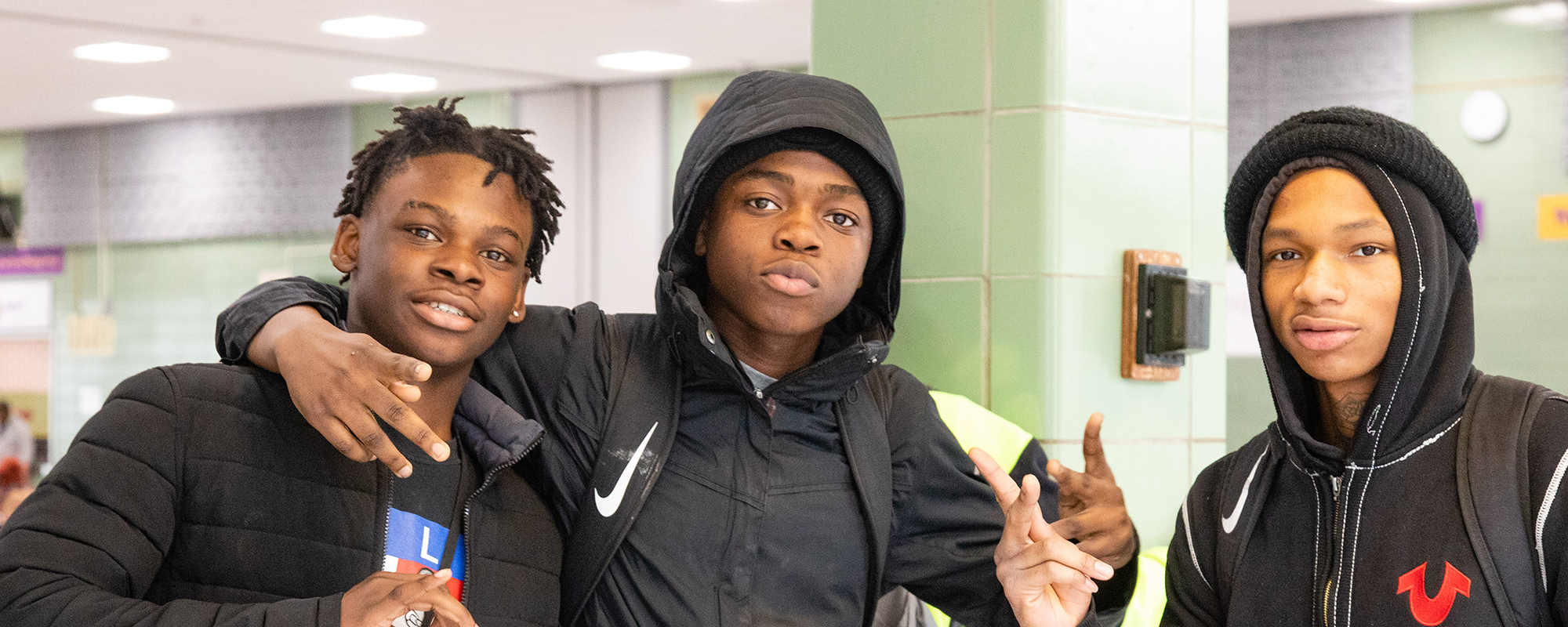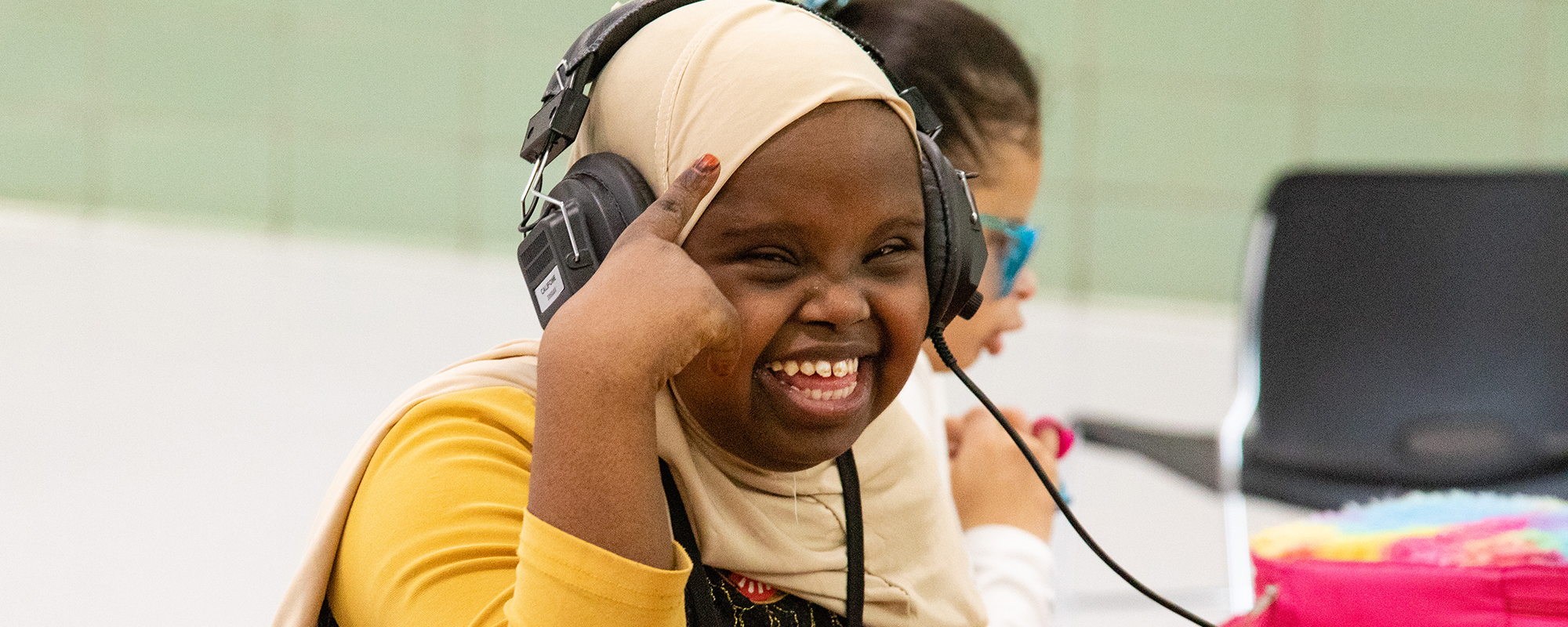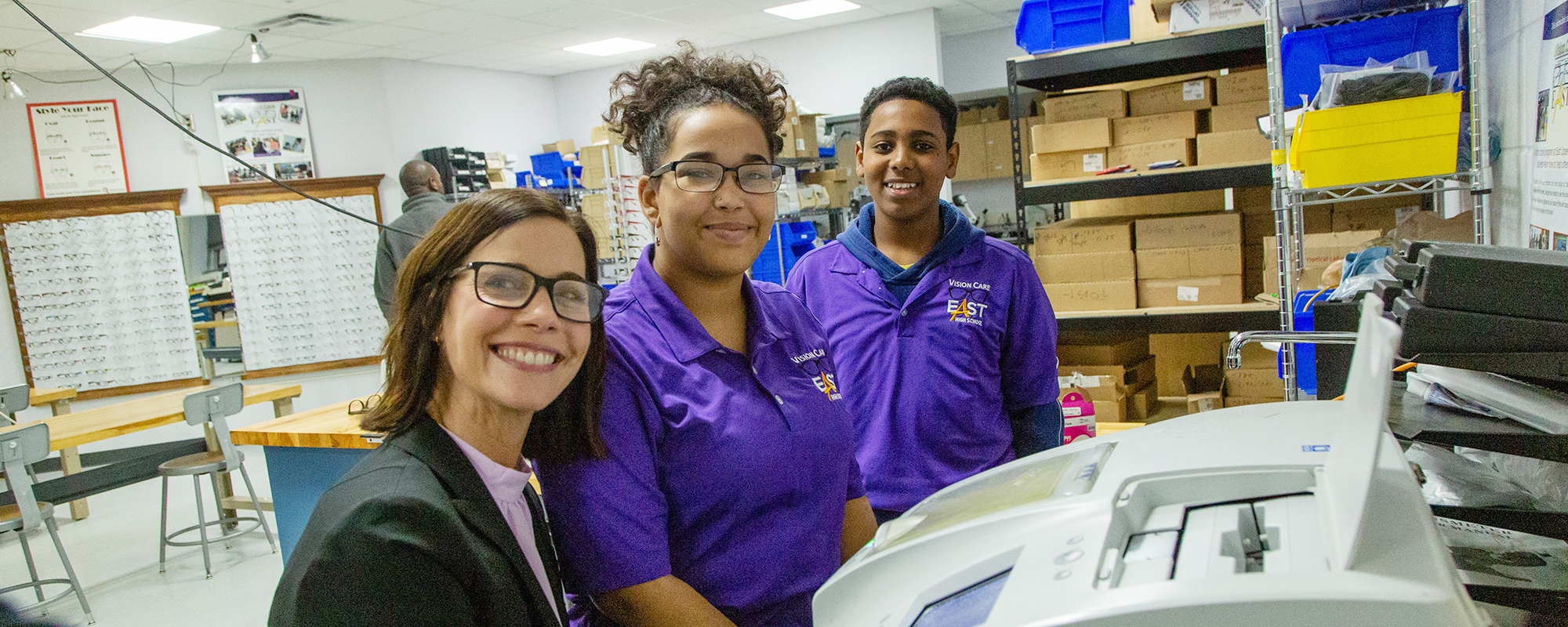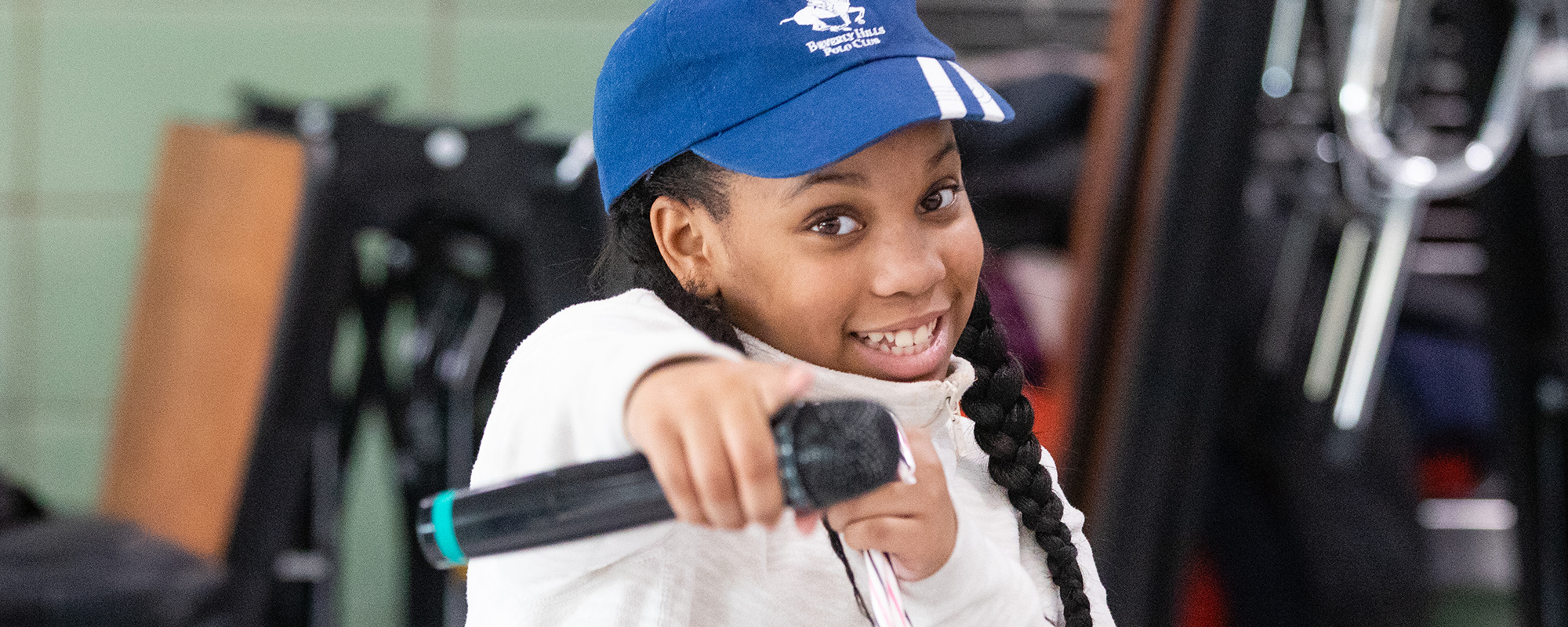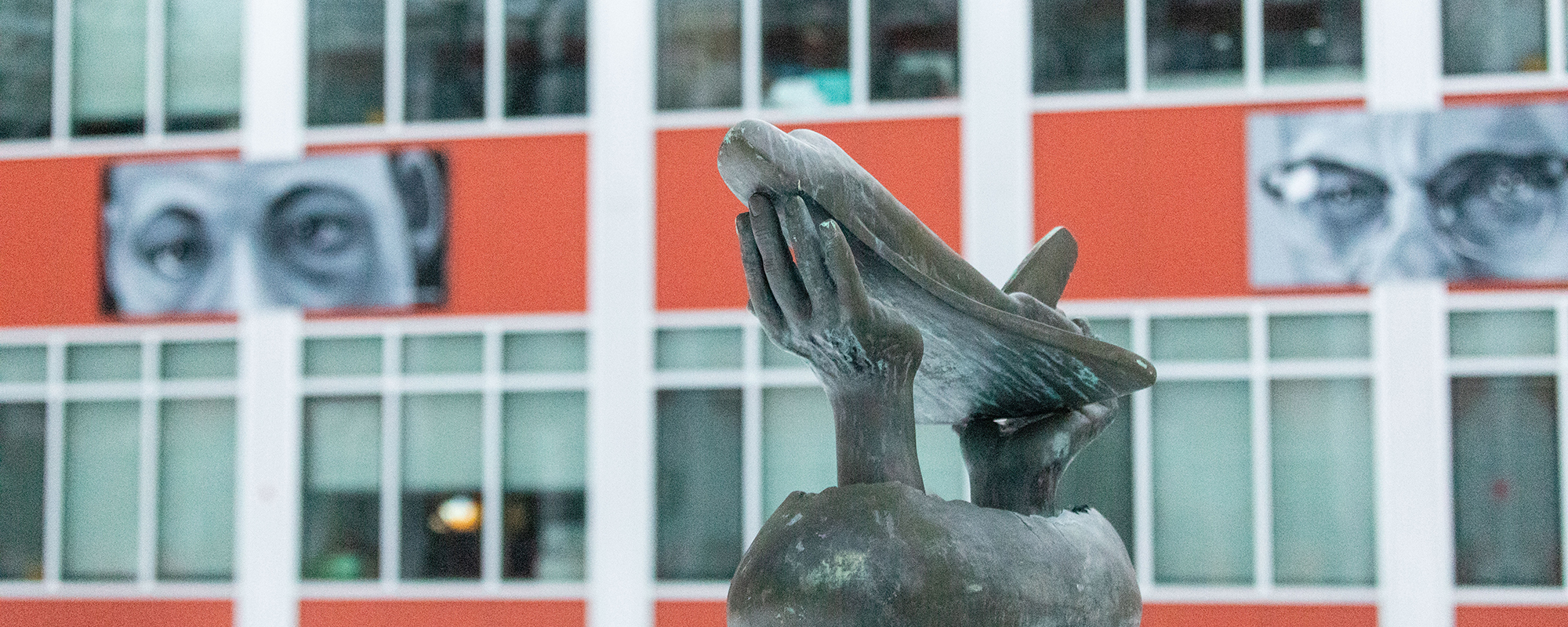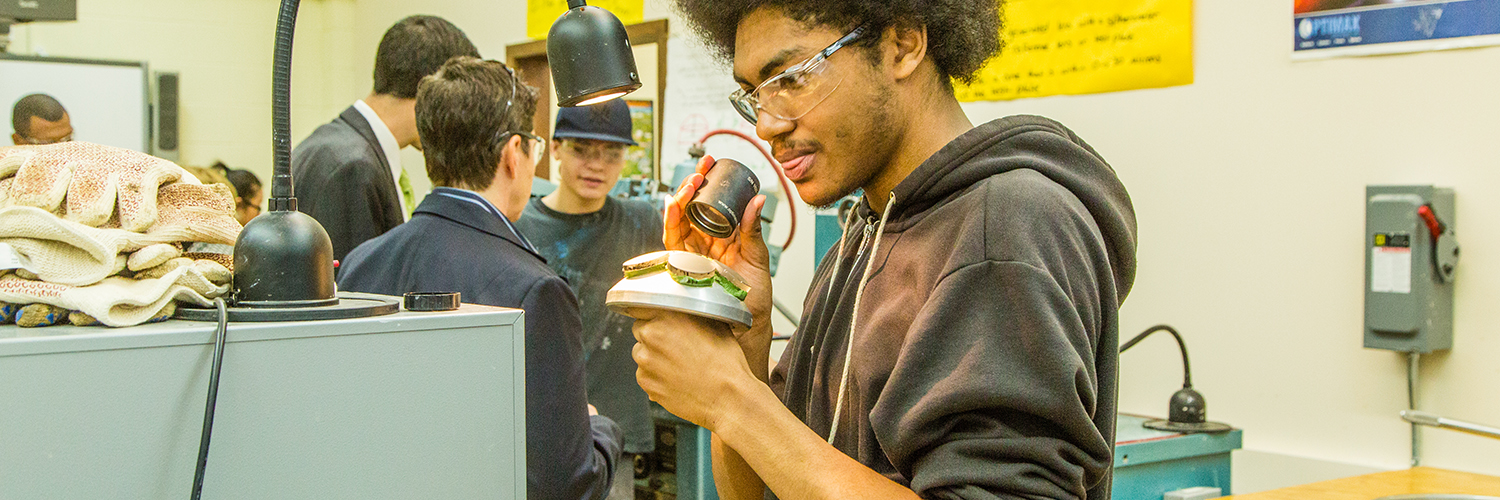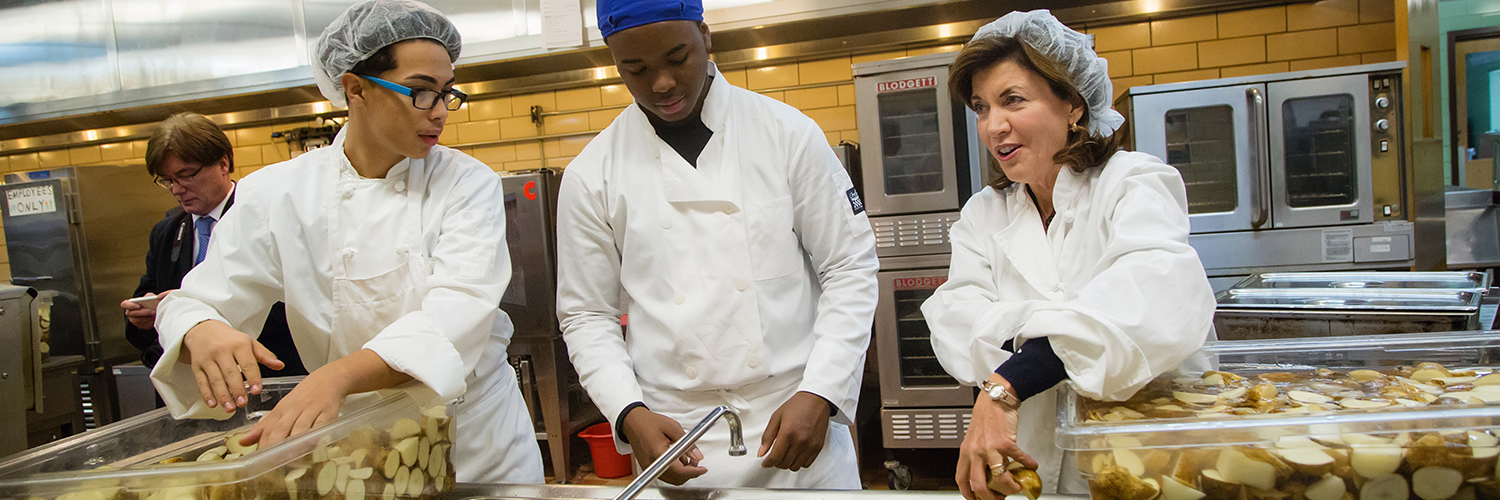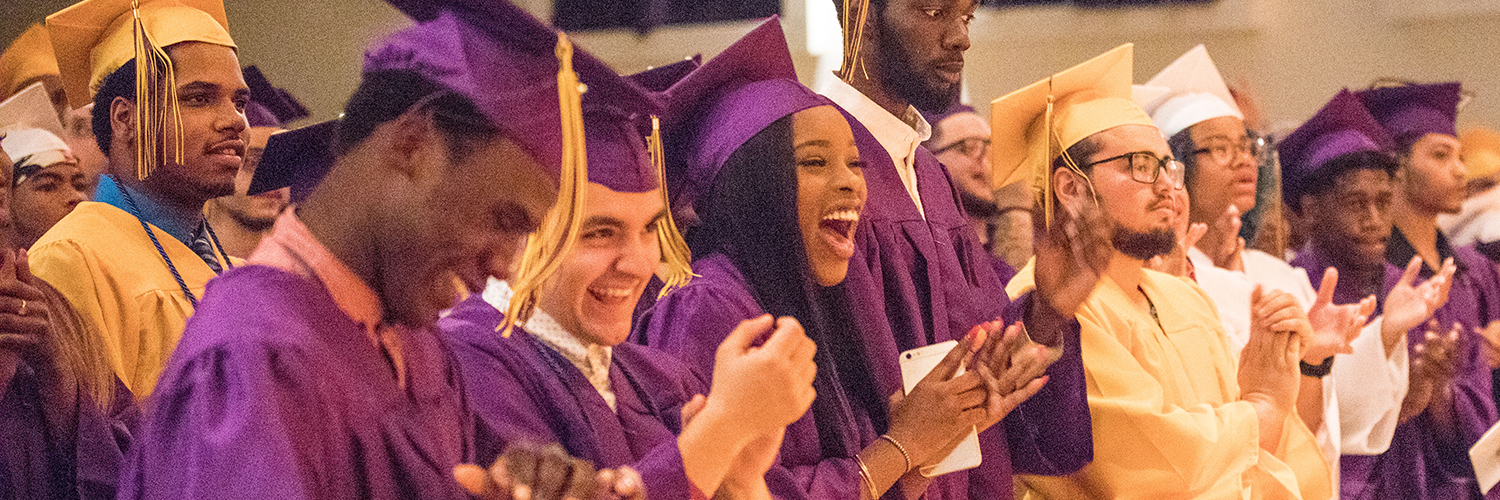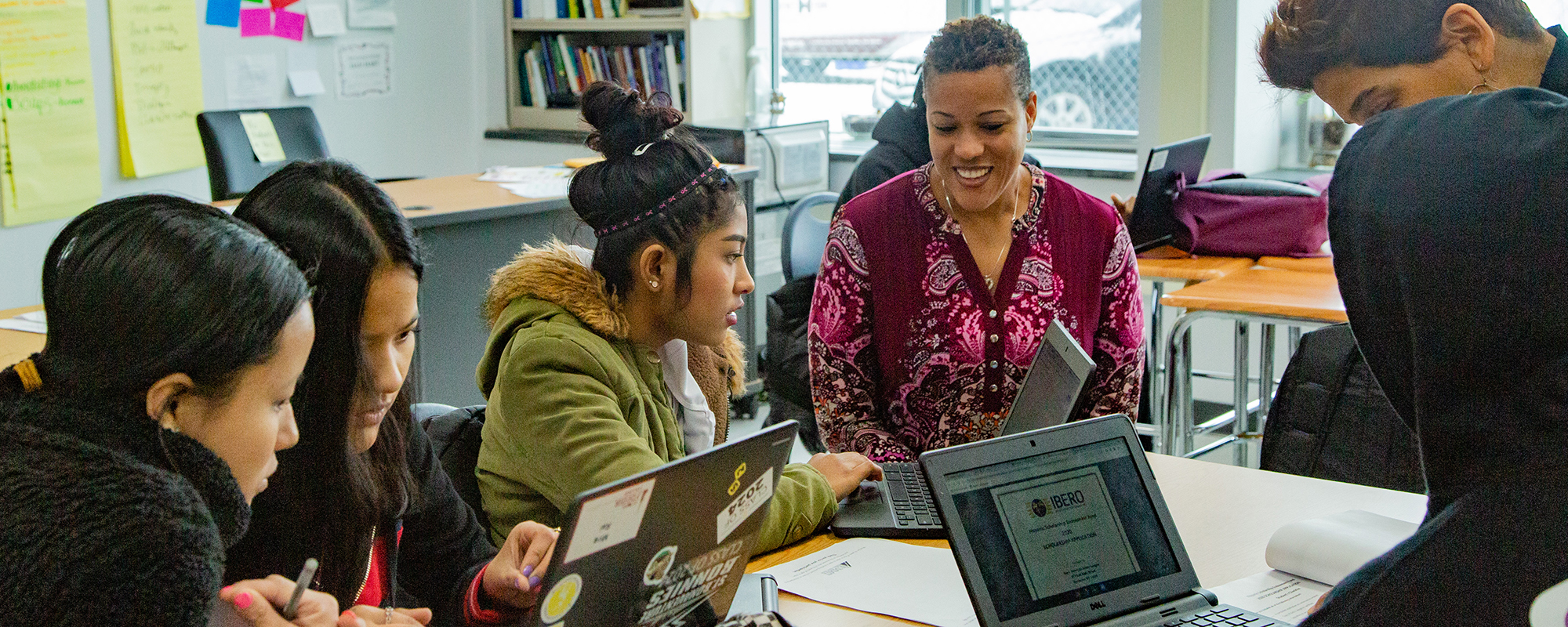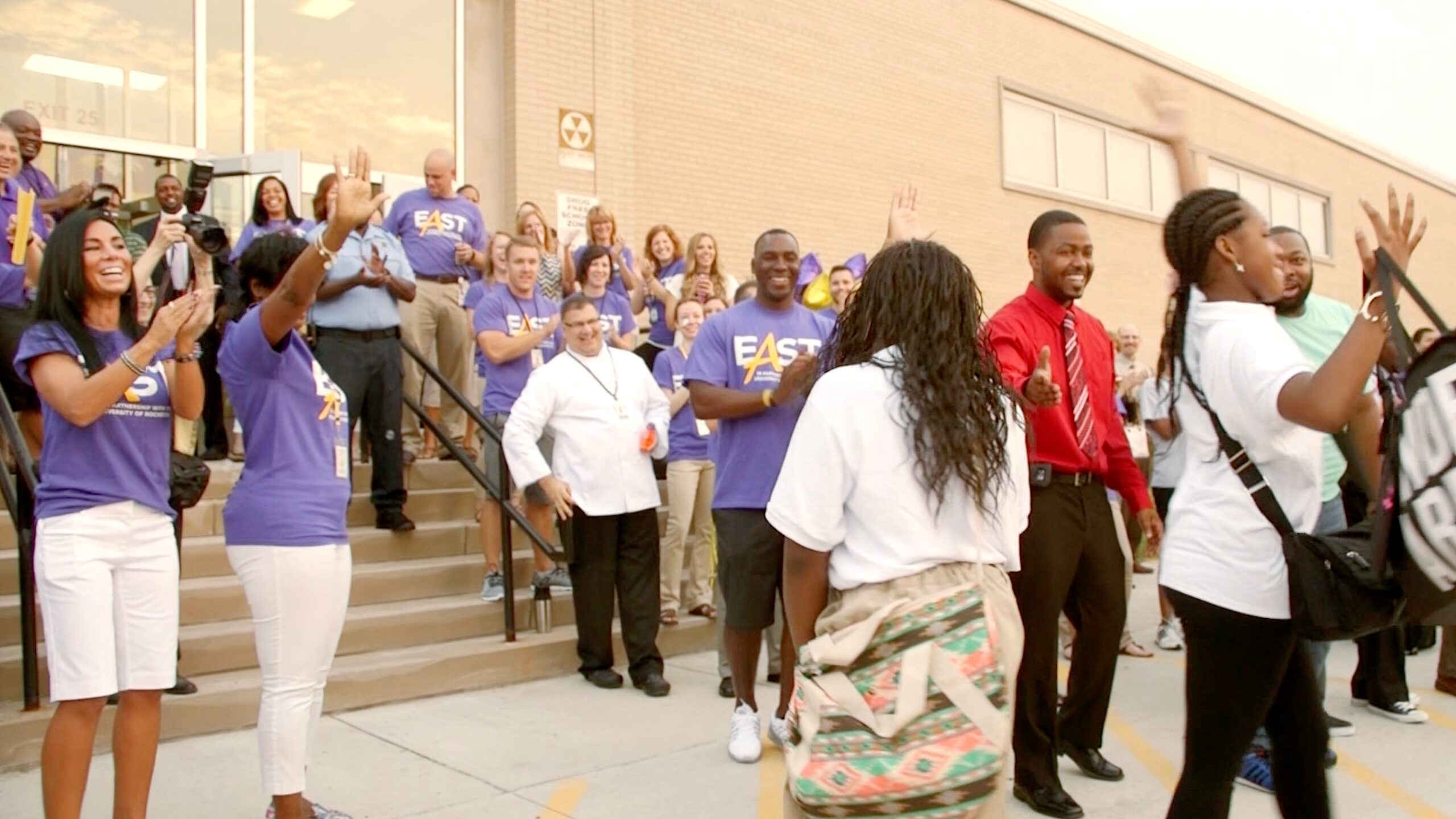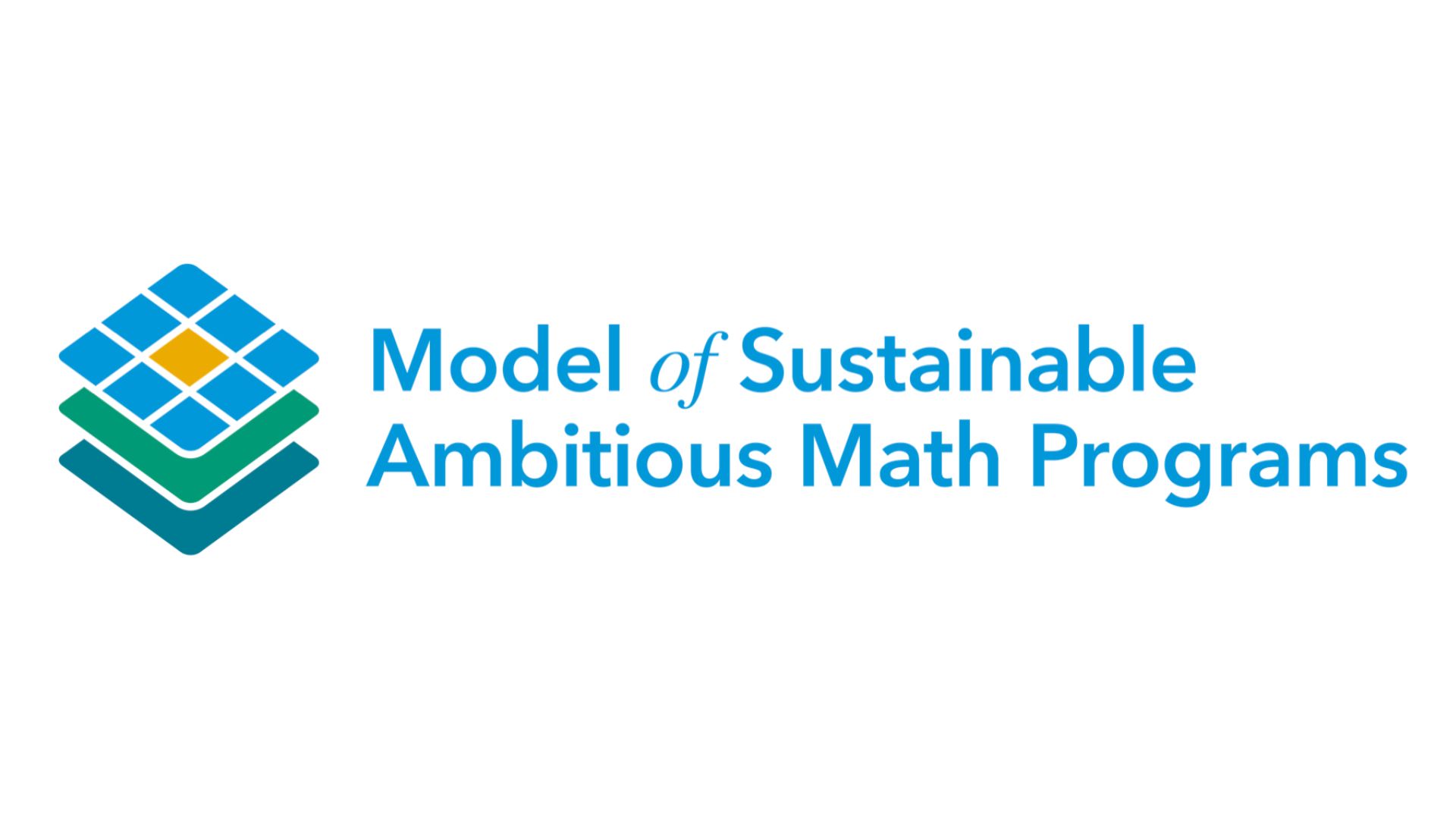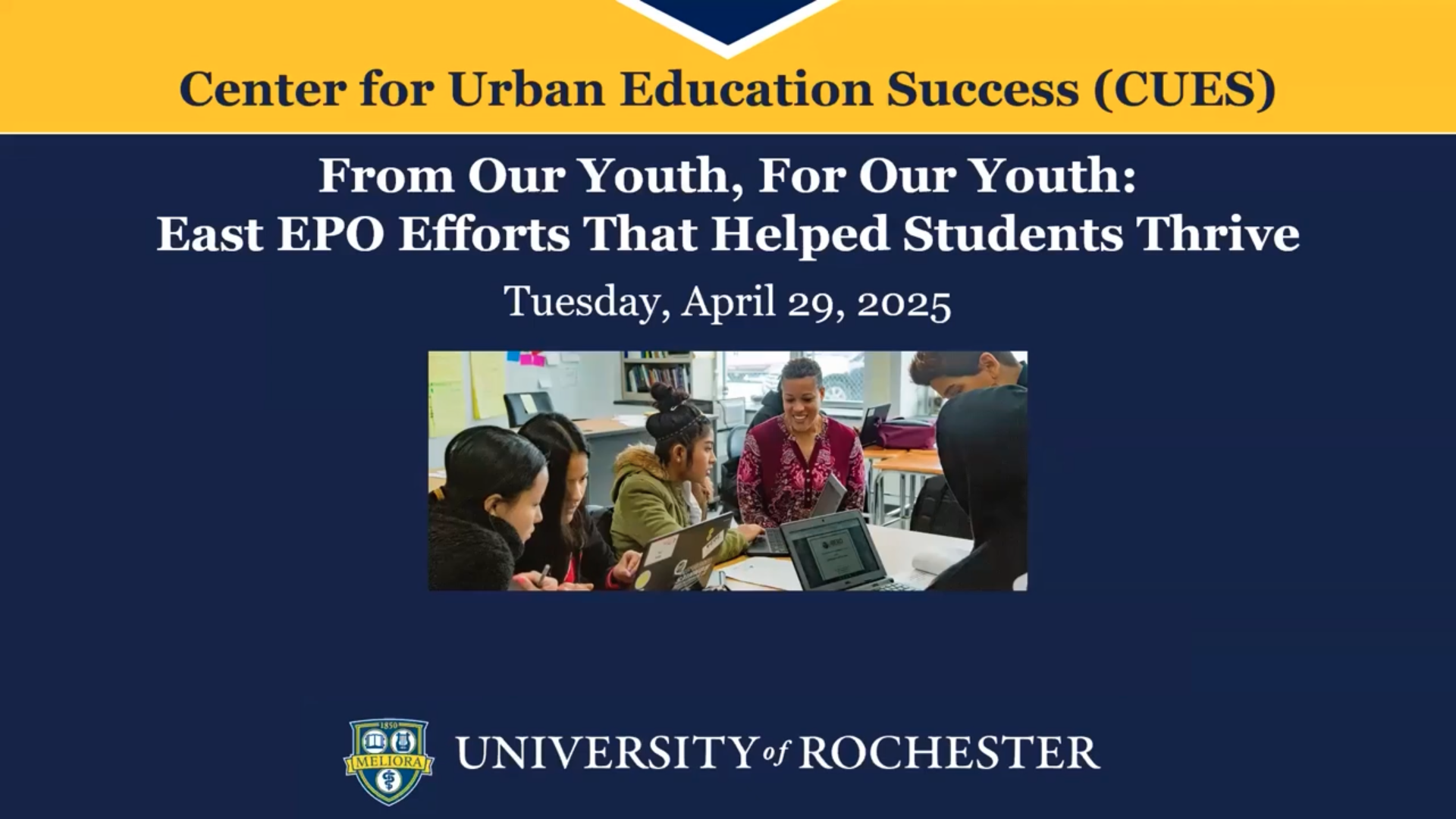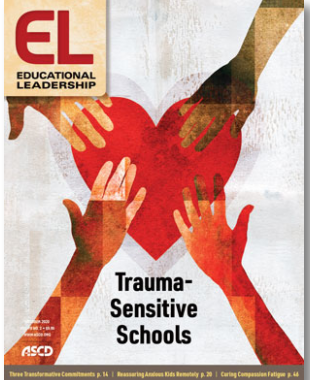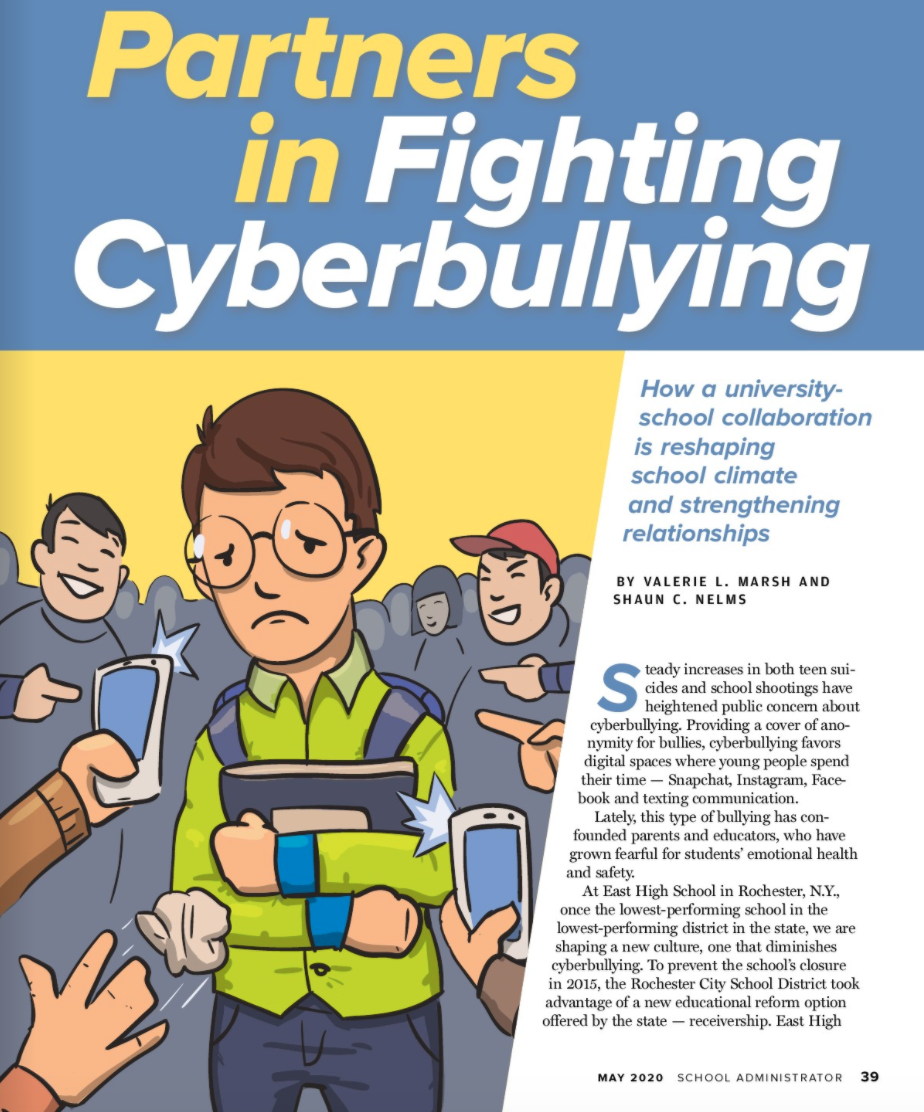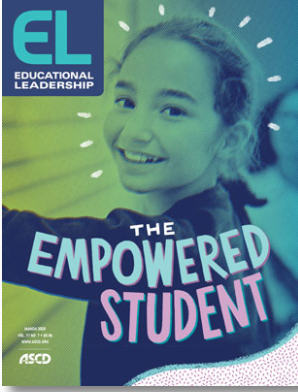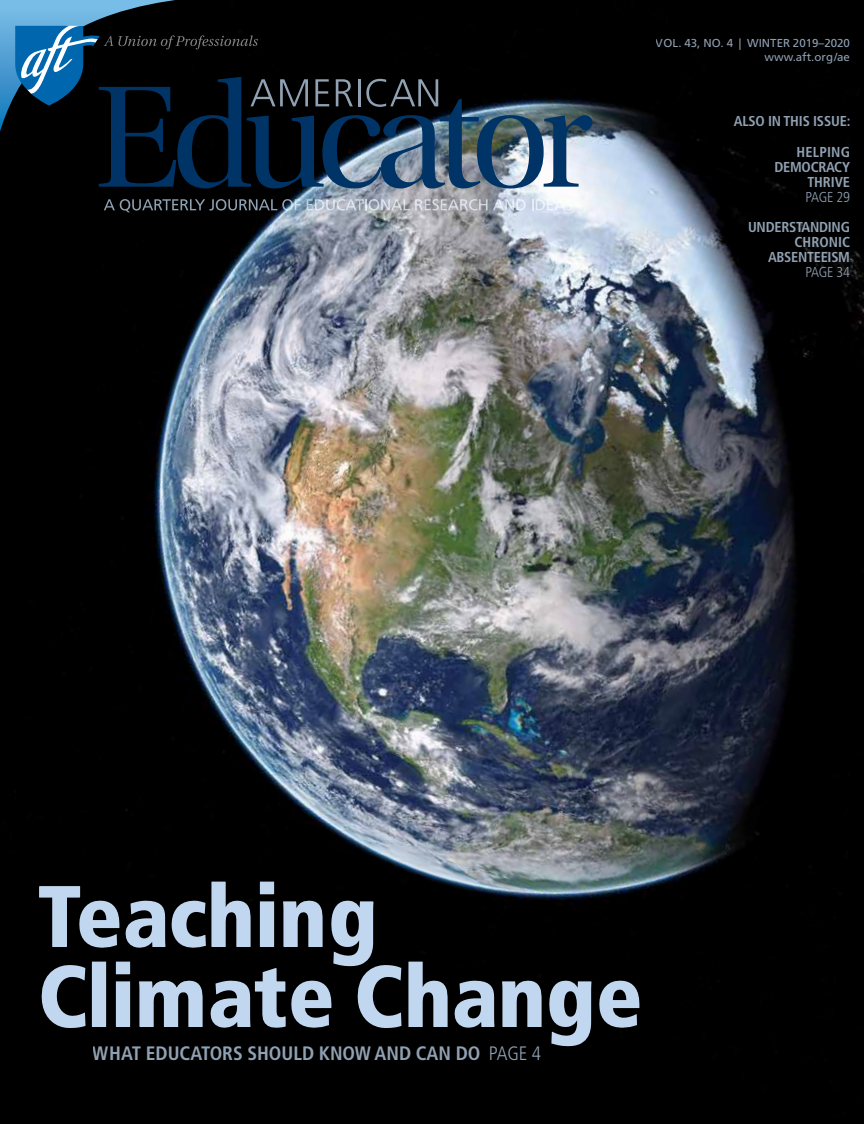CUES Director Position is Open
CUES seeks a visionary, strategic leader committed to a collaborative, interdisciplinary approach to research
The next Director will develop a vision and execute a plan for CUES that is in alignment with the strategic priorities of the Warner School. The Director of CUES is a thought leader in educational systems and school transformation who nurtures the professional growth of junior colleagues and strives to build upon the momentum in school transformation. The Director will provide leadership as an active, high-impact, and contributing scholar in the field. Given the focus of CUES on K-12 education, the Director will be integrally involved in broader community initiatives in the local Rochester community and Western New York region.
Supporting Meaningful, Lasting Change in Urban Schools
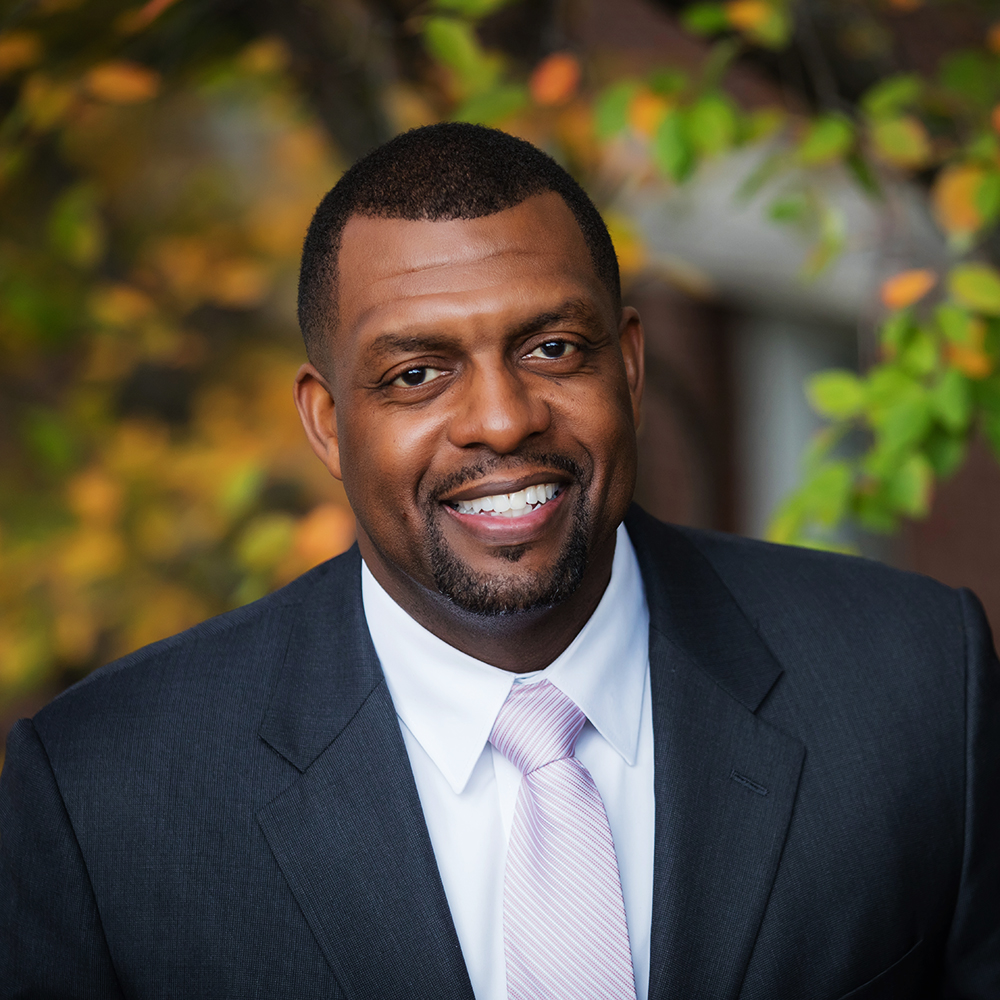
Message from the Director
Thank you for visiting the Center for Urban Education Success (CUES)!
At CUES, we believe in equity and excellence for ALL students. In order to meet this demand, we must consider questions such as: Who will begin to change systems so this work and accountability is shared? And, under what conditions can this change take place? At CUES, we work daily to explore innovative approaches to tackle persistent challenges which hinder educational systems. More from Director.
Focusing on Key Topics in Urban Education
CUES studies best practices in urban education and produces various resources for interested educators and scholars: research articles, practitioner briefs, videos, professional articles, and resource guides.
The University of Rochester-East 10-Year EPO Concludes in a Celebration of Success and Gratitude
After 10 years of partnership, the East EPO is coming to a close. What began as a bold effort to support a struggling school became a powerful example of what’s possible through shared purpose and commitment. To the scholars, educators, staff, and families who made it happen—THANK YOU! Your dedication transformed East and created a foundation for continued success. This moment is a celebration of your hard work, resilience, and belief in a brighter future for every student.
Watch the video: it celebrates the transformative 10-year journey of the University of Rochester-East Educational Partnership Organization (EPO) and East community members reflect on a decade of growth, personal transformation, and enduring relationships built on trust, care, and shared commitment.
Developing a Visual Model to Represent the Implementation of an Ambitious Mathematics Program
Warner School of Education and Human Development professor Jeff Choppin and doctoral students Saliha Al and Junnan Li coauthored a new article, “Developing a Visual Model to Represent the Implementation of an Ambitious Mathematics Program,” published in Frontiers in Education. The visual model, which is still in development, can be viewed here.
View more of Choppin’s research work by navigating to the Mathematics section on our research page.
From Our Youth, For Our Youth: East EPO Efforts That Helped Students Thrive
CUES Webinar Series, April 29, 2025
This webinar presents research insights gathered from East Lower and Upper School students, focusing on aspects of the school climate that supported their confidence in learning, value for education, and sense of connectedness to the school. Led by Center for Urban Education Success (CUES) professors, they highlight the positive role of the UR East EPO (Educational Partnership Organization) from 2015 to 2024 in enhancing teacher pedagogy, strengthening teacher-student relationships, and bolstering superintendent support. These efforts have been key to fostering students’ motivational beliefs, persistence, and academic achievement.
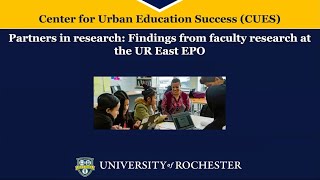
Partners in Research: Findings from Faculty Research at the UR East Educational Partnership Organization
CUES Webinar Series, May 6, 2024
This webinar discusses the findings of research conducted at East High School as part of the University of Rochester’s Educational Partnership Organization with the school. It explores topics such as academic performance, school culture and belonging, pedagogical innovation, research-practice collaborations, and knowledge production across various subject areas.
Lessons learned from revamping an urban school curricula
CUES presents insights gained from an overhaul of the East EPO curricula
In collaboration with the University of Rochester, the East Educational Partnership Organization (EPO) embarked on a comprehensive rewrite of its entire school curricula. This video documents the remarkable evolution of curriculum development within the EPO, explores the intricacies of the rewriting process, and reveals the valuable lessons acquired throughout the journey.
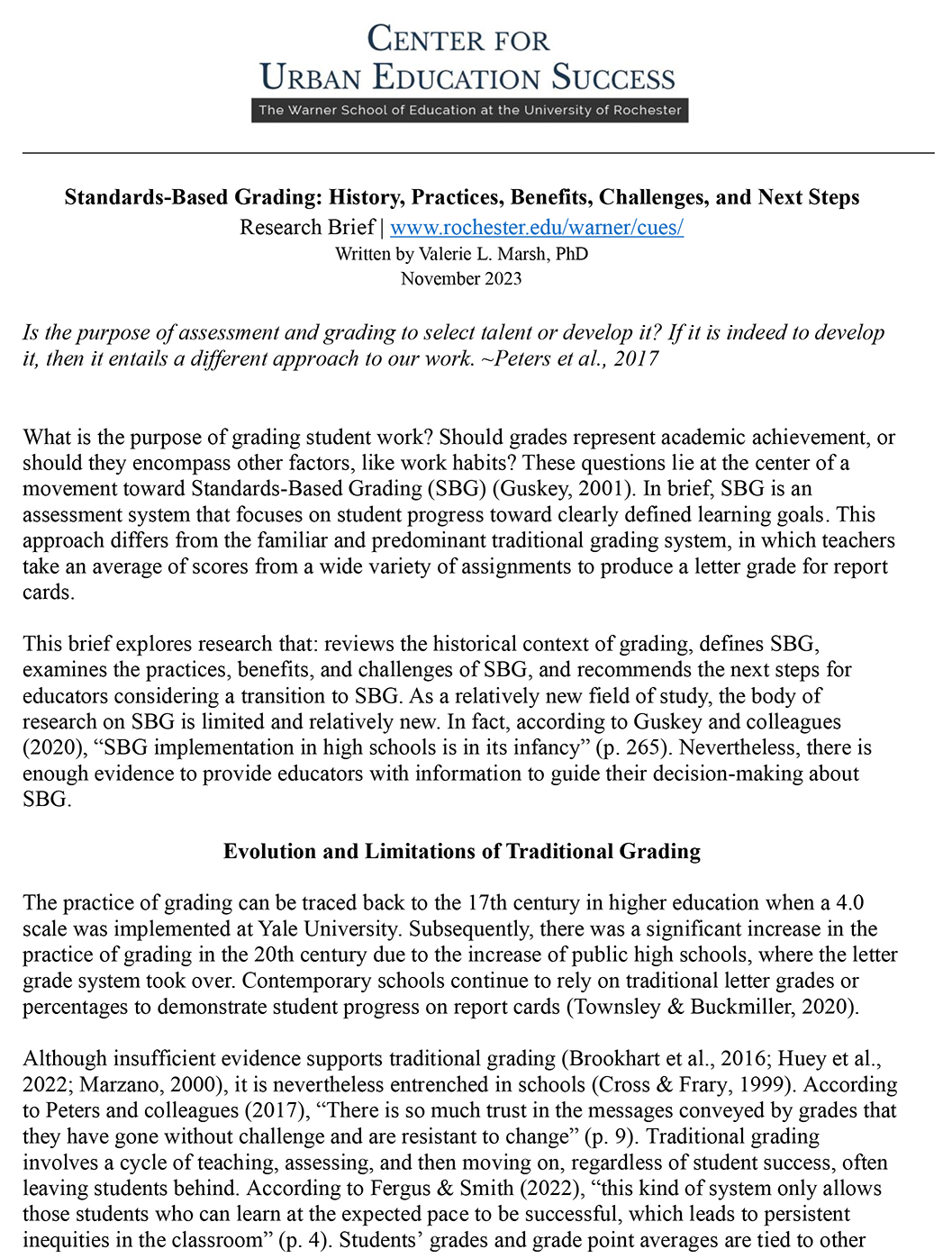
Standards-Based Grading: History, Practices, Benefits, Challenges, and Next Steps
A new practitioner brief that delves into the transformative possibilities of Standards-Based Grading in schools.
Standards-Based Grading is an assessment approach that prioritizes students’ mastery of specific learning standards over traditional letter grades, shifting the focus from grading compliance to measuring true more motivated learning.
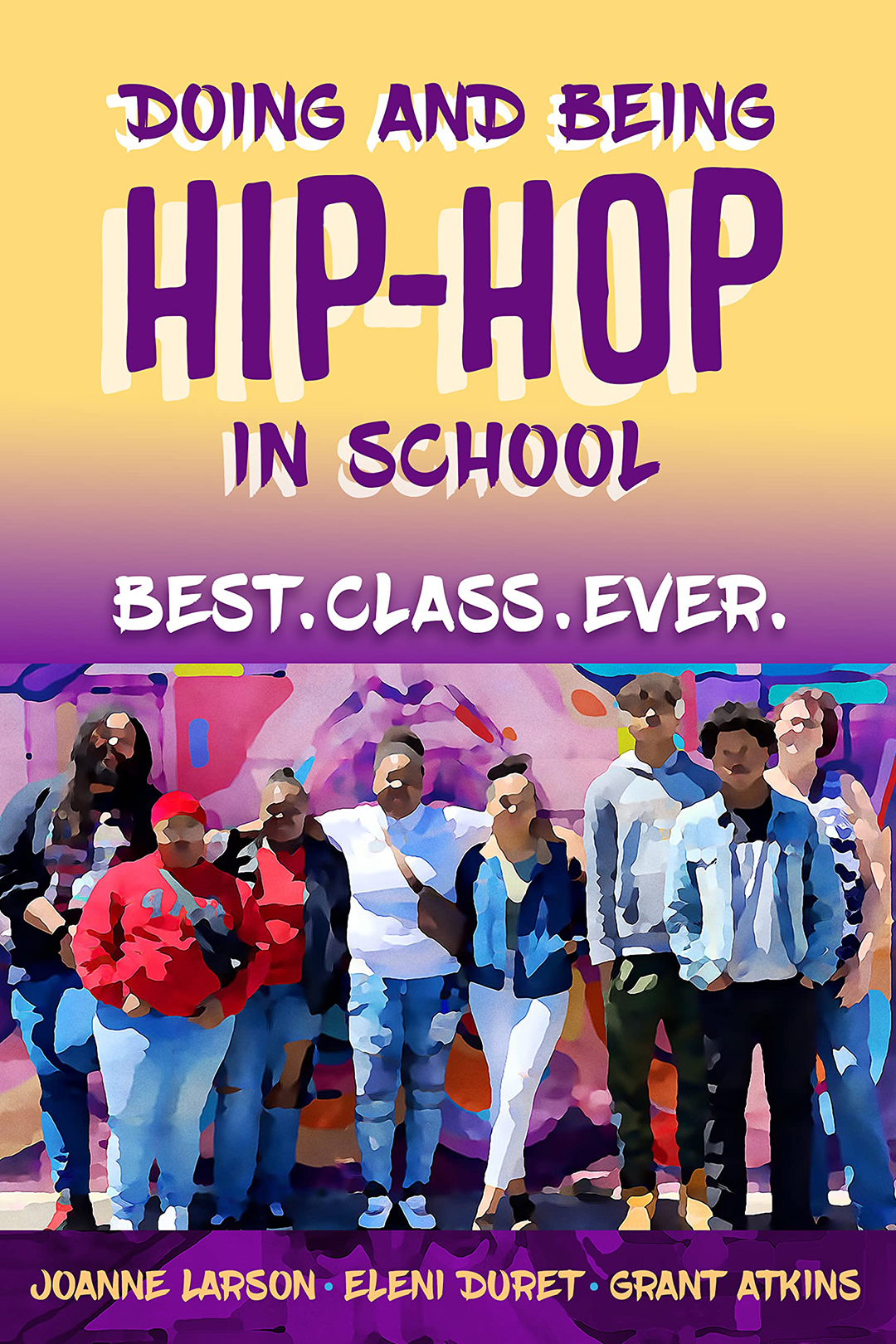
New Book: Doing and Being Hip-Hop in School: Best.Class.Ever.
A new book by Larson J., Atkins, G., & Duret, E. titled Doing and Being Hip-Hop in School: Best.Class.Ever. is now published.
This book explores how how urban youth and their teachers (Larson as co-teacher) design and implement a student led class on Hip Hop.
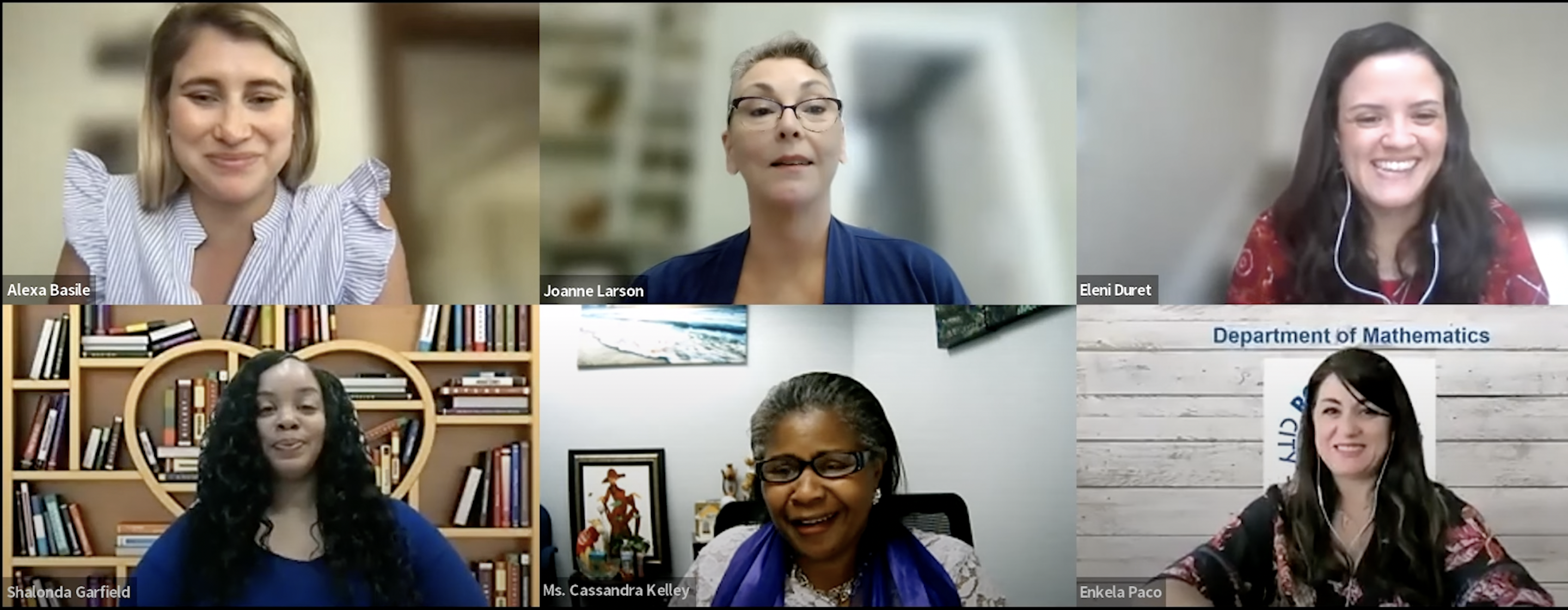
Infrastructure, Resources, and People Matter: Findings from East High
CUES Webinar Series, May 17, 2022
Doctoral students from the University of Rochester’s Warner School of Education discuss their doctoral dissertations which are the culmination of extensive original research projects done at East High in the areas of literacy, art, families and math coaching.
Watch webinar here
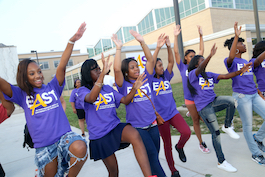
New York extends university partnership with East High
Partnership extended through 2025 to build on improvements in student outcomes
The New York State Education Department approved a three-year renewal of the partnership between the University of Rochester and East High School. The extension allows the Educational Partnership Organization (EPO), managed through the Warner School, to continue and build on the successes that have dramatically transformed the school’s culture and educational outcomes for East’s scholars.
Literacies of power in a high school English class
How a research-practice partnership amplified marginalized voices
CUES researchers designed and implemented curriculum to mobilize students’ powerful literacies to affect change in their communities. This design-based research connected literacy theory and classroom practice to expand youth advocacy through literacy instruction and practice.
Anti-racist curriculum for Monroe County schools
CUES leads effort in collaboration with county districts
In the wake of a summer of violence against unarmed Black men both nationally and locally, East High leaders took a look at how to make systemic changes in countywide educational policies and the creation of an antiracist curriculum to help students learn about and discuss Rochester’s issues with racism and injustice. East High’s Elevated Educator website offers access to unit plans that are culturally sustaining for students of color. You can also watch this video introduction to the website.
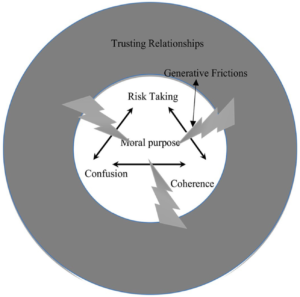
Collaborating for Equity in Urban Education
Comprehensive Reform in an Innovative University/School Partnership
June, 2021 — New research out of CUES answers questions: How do comprehensive changes in infrastructure, policies, leadership, and instructional practices shape school culture? What role do shifting power relations and authentic trust play in developing shared ownership of outcomes? Using data from a participatory ethnography of an urban high school slated for closure, this article examines the impact of comprehensive transformation on the university-school partnership’s goal to change from a culture of underachievement and negativity toward a culture of collaboration and excellence.
CUES gives presentation to UR Community
CUES team shares research, programs, and impact with the university community
October 27, 2020 –The CUES team gives an inside look at emerging research and how the center is poised to activate broader systemic progress in our region and on the national stage. Watch presentation here.
A school-based behavioral therapy intervention builds resilience for students with high levels of trauma
CUES collaborates with UR Medical Center to tell story of trauma intervention at East in Educational Leadership
In the heat of an altercation or even in the regular busyness of a school day, educators feel pressure to manage student behaviors and meet academic achievement goals. This is understandable. But why do we so often think something’s wrong with a student (and react accordingly) rather than wonder what happened to her?
At East High School in Rochester, New York, we have started asking questions of ourselves and of our students that get to the heart of our students’ lived experiences. We know there are reasons—good reasons—why a child might act out, keep his head on his desk, or refuse to do homework. This article describes a school-based behavioral therapy intervention, one of the many ways a university-school partnership can serve students.
Partners in fighting cyberbullying: Reshaping school climate and strengthening relationships
Marsh and Nelms contribute to School Administrator
Steady increases in both teen suicides and school shootings have heightened public concern about cyberbullying. This article documents how the University of Rochester-East collaboration is reshaping school climate and strengthening relationships at school to curb cyberbullying. We describe how three aspects of school life — beliefs, structures, and policies — have changed the climate at East High, in ways that better attend to cyberbullying.
Read full article here.
How student voice transformed East High
Marsh and Nelms write for Educational Leadership
This article documents how a collaborative group of teachers, administrators, parents, students, community members and university staff designed a model that built student voice into the foundation of school culture and practices. The stakes were high. We faced both the pressure to prevent the school from closing and the opportunity to reshape it into a place that truly served young people and expanded their opportunities for advocacy.
Addressing the needs of the whole child and family: East as a community school
New video released celebrates and documents East as a community school
Along the journey to transform East High School, the notion of becoming a community school became increasingly central. Community schools address the needs, interests, and aspirations of the whole child. They are places where students, their families, community agencies, teachers, administrators and staff work together to provide support for all stakeholders. This video tells the story of how East has become a community school from the perspectives of East staff, administrators, students, parents, and UR faculty. Their reflections can inform other schools seeking to collaborate with the communities they serve.
Chronic absenteeism: What research tells us about poor attendance at school
Marsh publishes in American Educator
Absenteeism links to low achievement in urban districts. And since urban schools comprise a higher percentage of students of color and students living with poverty, absenteeism can be understood as contributing to the achievement gap between students of color and their white counterparts. Thus, reducing absenteeism is a move to reduce inequity. Read more here
A commitment to inclusion at East: Developing a culture of change for students with disabilities
When ‘All’ means ‘All’: Two Warner centers partner to support students with disabilities at East
Schools only become “inclusive” once the school culture changes. At East Upper & Lower Schools, students with disabilities are starting to feel the change. Read entire article here.
ALL IN at East.
Step in for a look at the people, programs, and vision that are driving change at East High under the leadership of the University of Rochester – East High EPO.
As featured in the November/December issue of the University’s Rochester Review in 2017.
Connecting Theory and Practice to Improve Urban Schools
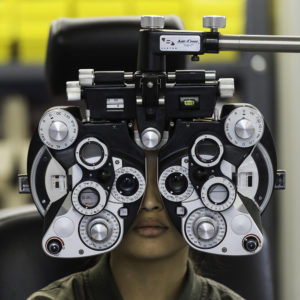
Research
We have a deep commitment to research that is collaborative, participatory, and emancipatory. By researching alongside the East community, our goal is to produce more authentic and useful accounts of school change.
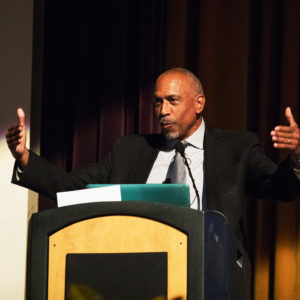
Community Conversations
Each year, CUES organizes a major symposium designed to showcase and support the work at East and engage the larger community in a conversation and professional learning opportunity to promote quality education in our cities and support the transformation of community schools.
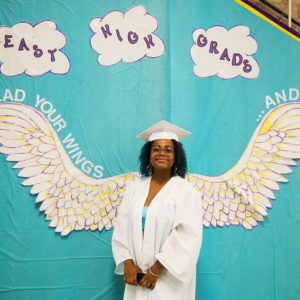
Practitioner Briefs
As a clearinghouse for research, we publish practitioner briefs that address particular topics, questions, and problems pertinent to urban education. We draw upon our network with other urban secondary schools to help understand how these schools are successfully addressing the challenges and questions they confront.
VIDEOS: Practices, Ideas and People Transforming East
CUES sat down with teachers, students, administrators, and staff to talk about the lessons they’re learning as they participate in this comprehensive project. The videos featured here share their successes, their struggles, and their plans going forward so that others who are interested in urban education reform may learn from their insights.

